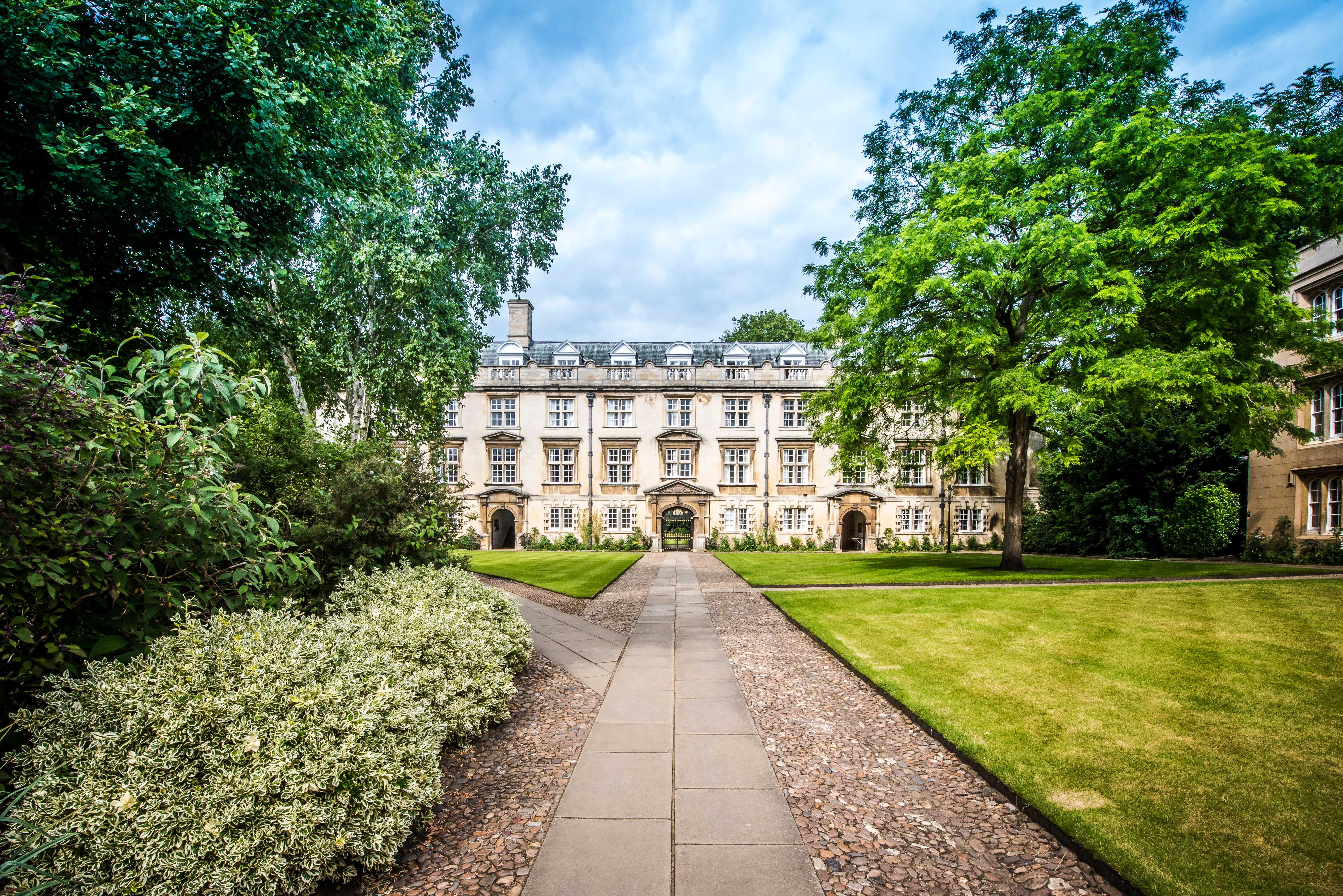Christ’s College invites applications for a stipendiary Senior Research Fellowship in demography, tenable for 5 years (potentially renewable) commencing on 1st October 2025 or as soon as possible thereafter.
Demographic research at the population-consumption-environment interface, that is, a study of the mutual influences among the three, will be particularly encouraged. The newly established Darwin-Hamied Centre will comprise Fellows and PhD students pursuing research in the areas of biodiversity and demography, and the potential for the Fellow to actively collaborate and explore common ground with others in the Centre will be prioritised.
The successful applicant will have a PhD in a cognate subject (e.g., Demography, Sociology, Geography, Economics, Statistics) by the time of taking up the post, and previous postdoctoral experience is desirable, though we also welcome applications from non-traditional academic backgrounds, including those working on policy at NGOs, multinational organisations, or in government. They will have a proven publication record of internationally recognised research in demography, evidenced by a strong publication record, participation in international conferences and seminars, and work on innovative research projects.
Applications must include a three-page research proposal including references, and full CV. Applicants must also arrange for two academic references to be provided by the closing date of 22nd June, 2025 at 23:59.
The successful applicant will be an independent investigator. Affiliation to an established research group that fits best with their area of interest will be encouraged, as will collaboration with Cambridge-based institutions such as the Cambridge Conservation Initiative, the University Museum of Zoology, and/or the Cambridge University Botanic Garden. Research-active Fellows are also eligible for an annual allowance of up to £2,750 for research expenses, such as travel to conferences, and includes equipment and book allowances. The Fellow will be encouraged to apply for independent research funding from appropriate bodies such as the Royal Society and UKRI.
In addition to pursuing research, it is expected that the Fellow will take a full part in College life and activities. If desired, the Fellow will be welcome to undertake some undergraduate teaching during Term, for which payment will be made at normal supervision rates. The Fellow will be a member of the College Governing Body, eligible to sit on College committees and with the full privileges of a Fellow. Privileges include seven free meals per week and an office in the College. The stipend will be on the University single spine up to grade 9, point 57 (currently £59,139), depending on experience.
It should be noted that a successful candidate for a Fellowship who does not have an automatic right to work in the United Kingdom will be subject to the visa requirements of the United Kingdom. The College will give informal advice and assistance but ultimately it will be the responsibility of the candidate to obtain the necessary visa.
Applications and references should be sent to jobs@christs.cam.ac.uk to arrive no later than 23:59 on Sunday 22nd June, 2025. It is anticipated that shortlisted applicants will be invited for interview at the College in late July, 2025 (on or around 21 July, 2025). Informal enquiries may be directed to Professor Bhaskar Vira, bv101@cam.ac.uk.
Conditions of Employment
The successful candidate will be employed by the College for a fixed term, from 1 October 2025 to 20 September 2030, or for a similar period with dates to be agreed, as a Senior Research Fellow subject to the College’s Statutes and Ordinances. They will be elected to a Fellowship of the College and will be expected to reside in Cambridge. The stipend will be determined on appointment and will be equivalent to points 44-57 of the Cambridge University scale (currently £41,509 - £59,139 per annum). The Fellow will be eligible for participation in the University Superannuation Scheme. There is a small annual entertainment allowance. The successful candidate will be expected to conduct research for 40 hours per week.

